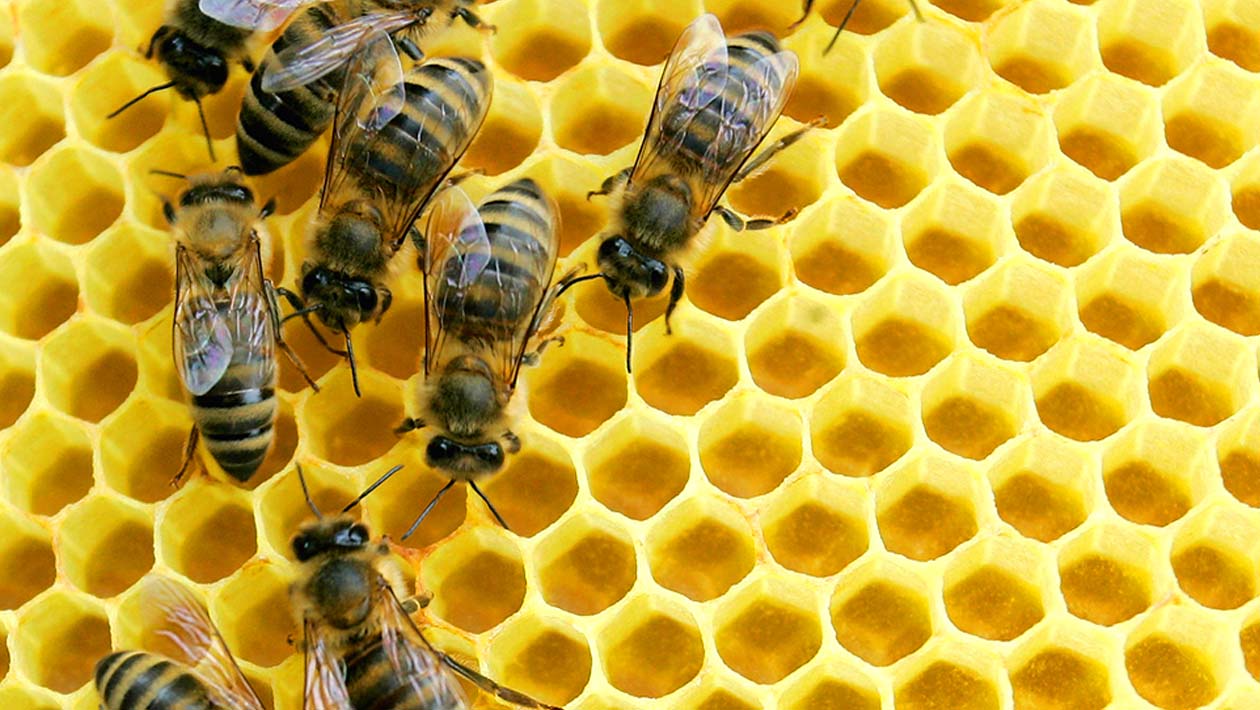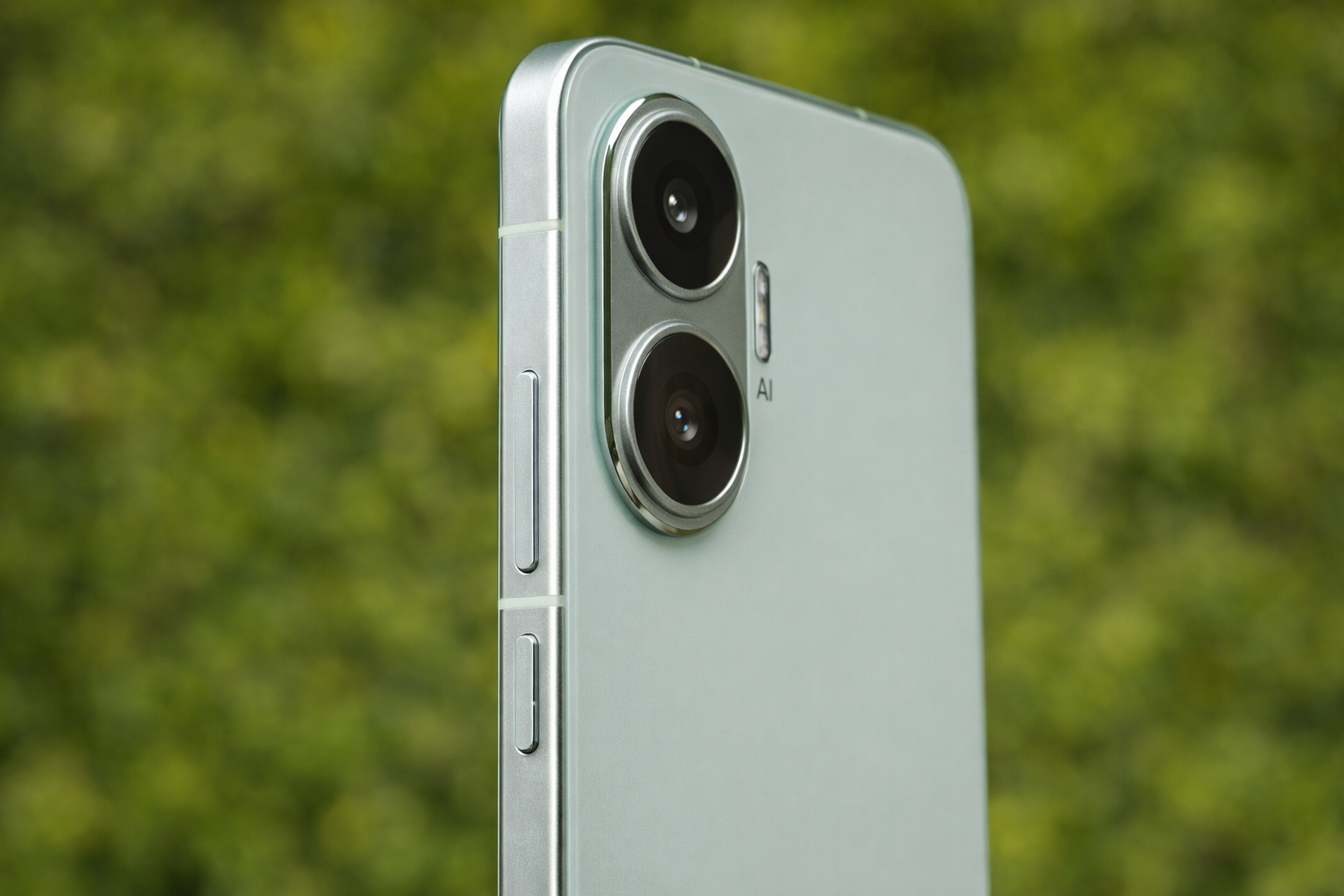That bees can be organized – and they are – when it comes to Team work and keep the hive running, we know. In a bee colony, the number of workers can reach 100 thousand, but they, nevertheless, do their job successfully.
Now that two bees have teamed up to open a soda bottle is equally impressive.
In a video posted on Twitter, a São Paulo user shared how he left his bottle of Fanta ajar and the bees “stole” his soda, as she describes it. The post was enough to spark dozens of comments questioning the insects’ behavior and intelligence. Not believing, one of them says: “I would not have believed this if I had not seen, I am not even sure if I really do.”
But is it possible that animals so small, with such small brains, could organize themselves to do something that is not in their nature?
On the experiment Created with drones, insects were taught to roll a ball and score a goal, and every time they did it, they received a reward. On tests, they had to copy each other’s movements and learn from their mistakes. With the results, the researchers were able to understand the animals’ cognitive abilities when they used the tool to achieve a goal, and were also amazed at how easily the insects coped with the task.
But these insects were not always considered smart. In 1962, ten years before receiving the Nobel Prize for research in bee communication, ethologist (studying animal behavior) Karl von Frisch. announced that bees have too small a brain to think, they attribute their exploits to their own instinct. Since then, questions about how much a bee brain can process have been studied several times.
Despite its small size and simplicity, drone brains are capable of performing complex learning tasks, such as remembering the best places to look for nectar and pollen. All this could be observed thanks to new research methods, which consist in not taking the brain of an insect to study, as was done in the past, but with the help of the technology is similar to computed tomography.
In fact, there is still a lot to be learned to understand the functioning of the brain of insects and to say that they behave intelligently when they find themselves in situations that go beyond their natural habitat. But, contrary to the thesis of Karl von Frisch, the size of the brain does not necessarily affect the behavior of the insect, it must be taken into account how connections between neurons work which play a key role in intellectual activity. We will be attentive to new research and, of course, to our soda bottles.












 Every day we bring you dozens of news from the world of Android in Portuguese. Follow us on Google News. Click here and then on “Subscribe”. Thank you!
Every day we bring you dozens of news from the world of Android in Portuguese. Follow us on Google News. Click here and then on “Subscribe”. Thank you!







